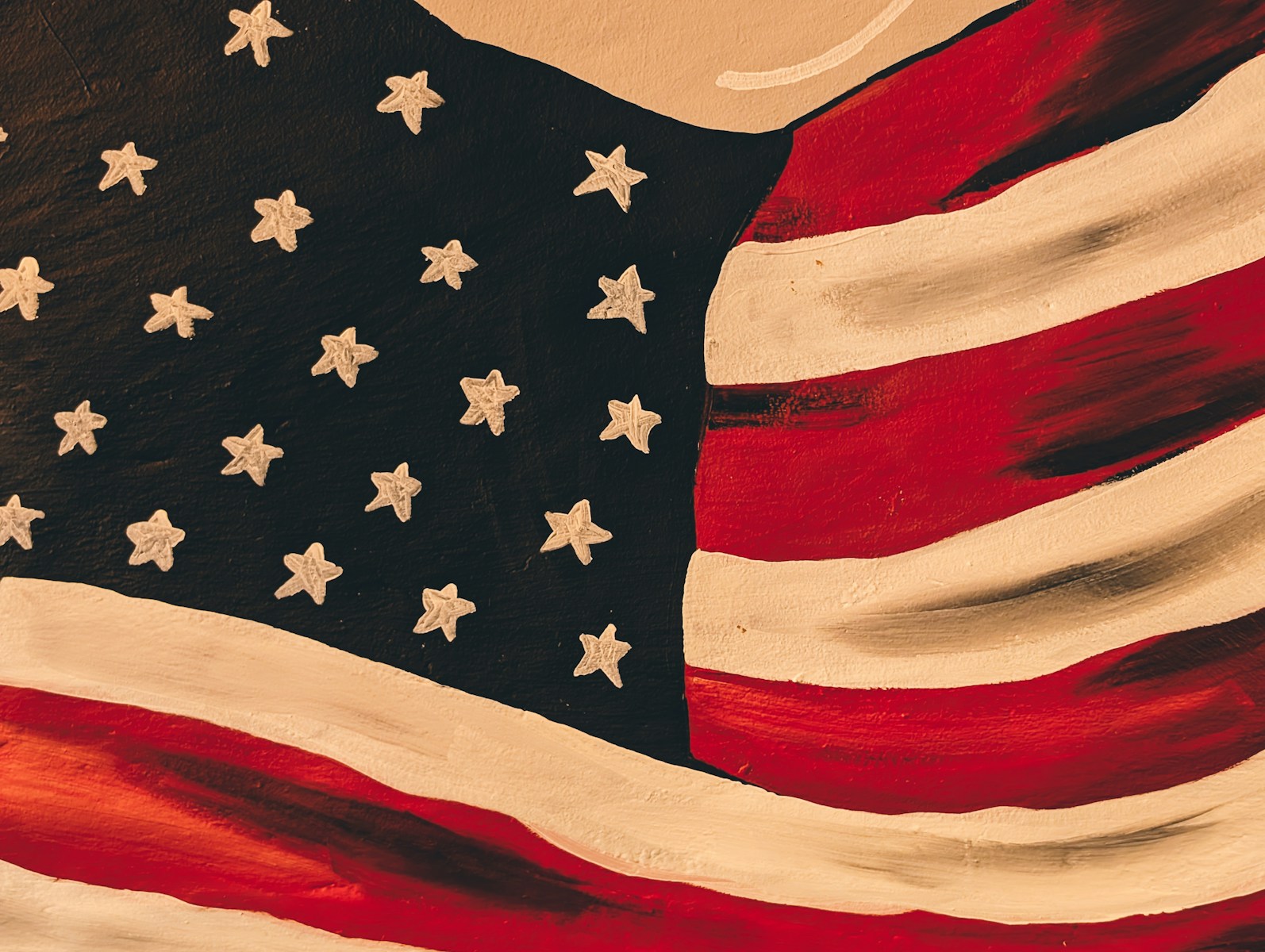Key Takeaways
• George Washington warned that partisanship weakens public trust and stokes division.
• He feared parties could give power to “ambitious, unprincipled men.”
• Washington likened partisanship to a fire that needs constant vigilance.
• His 1796 Farewell Address still speaks to today’s political climate.
Washington’s Warning on Partisanship
In 1796, George Washington wrote his Farewell Address. He stepped away after eight years as president. In it, he urged Americans to avoid partisanship. He saw parties as a threat to the health of the young republic. Even today, his message holds clear meaning.
Why Partisanship Threatens National Unity
Washington warned that partisanship “distracts public councils” and “enfeebles the public administration.” He knew parties could stir false alarms and fuel anger. Moreover, he feared they would open doors to foreign influence. He wrote that parties could become “potent engines” for cunning leaders. Indeed, partisanship can twist public opinion and crush fair debate.
He pointed out that factions often use real differences to push agendas. Then, ambitious figures exploit these gaps to gain power. Consequently, local and national unity can crumble under party loyalty. Washington believed this risk was serious enough to repeat his warning more than once.
Partisanship as a Fire That Needs Taming
Washington compared partisanship to a fire. He said it could warm societies but also consume them. He urged constant vigilance to keep that fire from bursting into flame. He knew it would never fully extinguish because it springs from human nature. Yet, unchecked partisanship could drive people to seek security under one strong leader.
He warned that eventually “the chief of some prevailing faction” might seize absolute power. That leader could rise on “the ruins of public liberty.” In other words, extreme partisanship could pave the way for a dictatorship. Washington saw this danger as too grave to ignore.
The Other Dangers Beyond Partisanship
While partisanship topped his list, Washington highlighted other threats. First, he warned against sectionalism, or putting regional interests above national ones. He feared sharp divides between states could weaken the union. Second, he warned about excessive public debt. He believed debt could trap future generations under heavy taxes.
Third, he cautioned against overly ambitious leaders. He thought some might manipulate fears and anger for personal gain. Fourth, he stressed the need for an informed public. A poorly informed electorate, he argued, could trade liberty for short-term relief or empty promises.
Lessons for Today’s America
Today, we still face many of these challenges. Partisanship often drives news cycles and social media wars. Regional divides flare up over culture and resources. National debt continues to climb. Ambitious politicians sometimes play to the extremes. Meanwhile, misinformation can sway public opinion.
Furthermore, the speed of online news can deepen false alarms. Yet, Washington’s call to “steer clear of permanent alliances” also reminds us to focus on unity at home first. He believed that a strong, united people could handle foreign ties more wisely later.
Can Americans Quench the Flames of Partisanship?
Washington did not expect partisanship to vanish. Instead, he urged citizens to watch for its excesses. He urged us to value common interests over party wins. Consequently, we can promote healthy debate without demonizing our neighbors.
To follow his advice, people must stay informed and ask tough questions. We must hold leaders accountable and resist easy solutions. Moreover, we should remember that democracy thrives on compromise. When we face divisions, we can seek shared goals like economic growth and public health.
Finally, we need to teach new generations about these warnings. By learning from the past, young people can help steer the country toward unity. Washington believed the American experiment could succeed if citizens stayed alert. Today, his Farewell Address still lights the way.
FAQs
What did Washington mean by partisanship?
He meant strong loyalty to political groups that can divide people and hinder fair government.
Why did Washington compare partisanship to fire?
He saw it as useful in small doses but dangerous if it grows into an uncontrolled blaze.
How can citizens follow Washington’s advice today?
They can stay informed, support balanced debate and resist extreme rhetoric for any party.
Did Washington think political parties could ever do good?
Yes. He admitted that party competition might check power, but he warned about its excesses.
